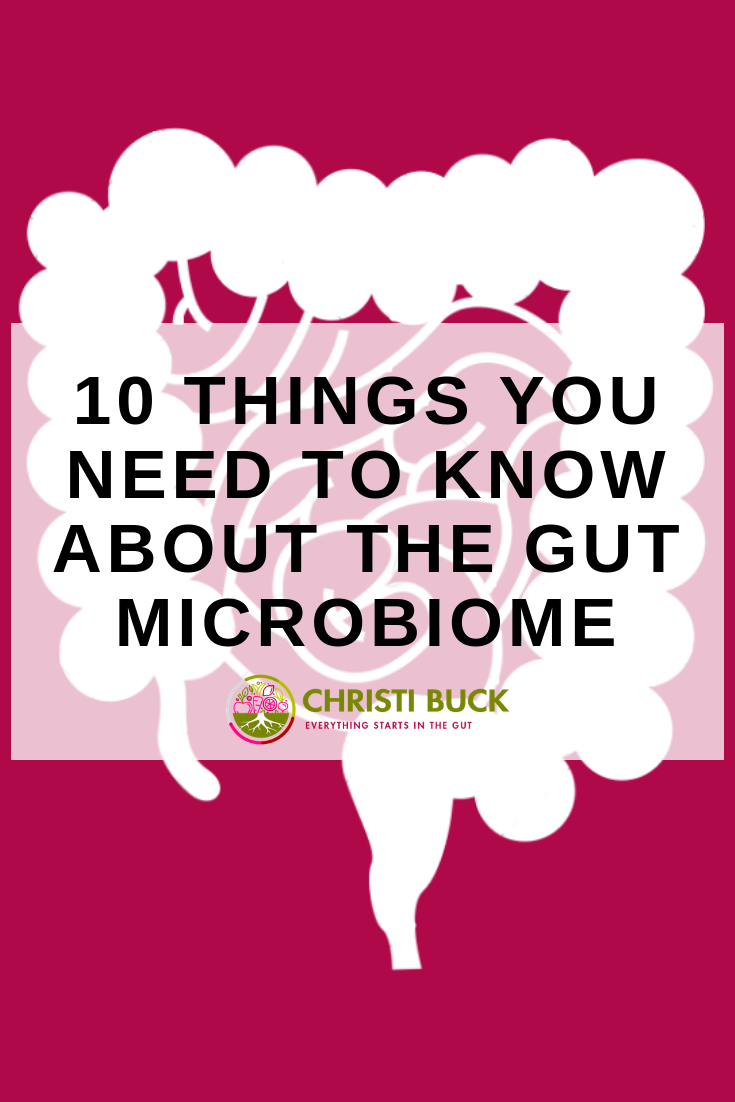The bacteria in your gut is known as the gut microbiome. Believe it or not, your microbiome contains upwards of trillions of bacteria that are responsible for different tasks throughout the body. Your gut bacteria helps determine everything from your body type to your predisposition to certain diseases. Because the gut microbiome’s effects are so widespread, improving your gut health will ultimately improve your overall health.
By arming yourself with knowledge about the gut microbiome and how it impacts your body, you can better transform your health. Here are 10 things you didn’t know about your gut microbiome to get you started.
- The bacteria in your gut can have a major impact on your gut health. While this probably sounds obvious, it’s too important not to mention. For example, the bacteria in your gut can help digest foods that are typically hard to digest. It can also stop “bad” bacteria from getting too comfortable in your gut and prevent you from getting sick.
- Certain types of bacteria can actually digest dietary fiber. By fermenting fiber, the bacteria end up producing short-chain fatty acids. These short-chain fatty acids are a major source of nutrition for the cells found in your colon.
- An out-of-whack gut microbiome can be the root cause of your weight gain. When your gut microbiome is out of balance, it is often referred to as gut dysbiosis, which is associated with weight gain.
- The bacteria in your gut also plays a role in blood sugar management, which can ultimately decrease your risk of developing Type II Diabetes.
- Your gut microbiome can keep you from getting sick. The bacteria in your gut can actually communicate with your immune cells and profoundly influence your immune system.
- Believe it or not, your gut microbiome can play a role in supporting your heart health. Probiotics are known to lower cholesterol and ultimately decrease your risk of developing heart disease.
- Certain types of bacteria can actually produce chemicals in your brain called neurotransmitters. For example, serotonin, a neurotransmitter that is most well known for controlling your sense of happiness and wellbeing, is produced in the gut, roughly 95%. This could explain a lot when it comes to anxiety, depression and ADD/ADHD.
- Your mental health is also affected by your gut microbiome. The connection between the two is often referred to as the “gut-brain axis.” The bacteria communicates with your brain and ultimately controls things like your memory and your ability to reason.
- Antibiotics don’t discriminate. While a round of antibiotics is sometimes essential for clearing out the bad bacteria in your gut, it also wipes out the good bacteria. Avoiding excessive use of antibiotics can help keep your gut microbiome in check. It is said to take roughly two years to replete good bacteria from one dose of antibiotics.
- You can control your health with your gut microbiome. That’s right! You are in the driver’s seat. You can elevate your gut health by eating a diverse diet full of antioxidant foods (i.e. blueberries), anti-inflammatory foods (i.e. ginger), and probiotic foods (i.e. cultured vegetables), and fermented foods (i.e. sauerkraut, kimchee, etc).
I want to leave you with one more fact: Your microbiome is unique to you. The tool I use in my practice and require this for all my clients is the GI Map – Diagnostic Solutions Laboratory. This looks at the DNA of the Microbiome, this is the only way to look at your Gut Microbiome and determine what needs removed and/or replaced. By working with a licensed health professional like myself, you can map out the genetic blueprint that is your microbiome. With intentional, actionable strategies that are unique to your microbiome, you can drastically transform your health.


